 W
WThe name Afghānistān means "land of the Afghans," which originates from the ethnonym "Afghān". Historically, the name "Afghan" mainly designated the Pashtun people, the largest ethnic group of Afghanistan and second-largest in Pakistan.
 W
WAnatolia is a large peninsula in Western Asia and the westernmost protrusion of the Asian continent. It makes up the majority of modern-day Turkey. The region is bounded by the Turkish Straits to the northwest, the Black Sea to the north, the Armenian Highlands to the east, the Mediterranean Sea to the south, and the Aegean Sea to the west. The Sea of Marmara forms a connection between the Black and Aegean seas through the Bosporus and Dardanelles straits and separates Anatolia from Thrace on the Balkan peninsula of Southeast Europe.
 W
WThe name of Argentina, traditionally called the Argentine in English, is ultimately derived from the Latin argentum "silver" and the feminine of the adjectival suffix -īnus. The Latin "argentum" has its origin from the ancient Greek-Hellenic word "argyro(s)", άργυρο(ς) meaning silver. The first use of the name "Argentina" can be traced back to the first voyages made by the Spanish and Portuguese conquistadors to the Río de la Plata, in the first years of the 16th century.
 W
WThe name Australia is derived from the Latin australis, meaning "southern", and specifically from the hypothetical Terra Australis postulated in pre-modern geography. The name was popularised by the explorer Matthew Flinders from 1804, and it has been in official use since 1817, replacing "New Holland," the Dutch name, as the name for the continent.
 W
WBengal is a region in South Asia, politically split between Bangladesh and India. Due to its long history and complicated political divisions, various names have been used to refer to the region and its subsections. The modern English name Bengal is an exonym derived from the Bengal Sultanate period. The name is used by both Bangladesh and West Bengal in international contexts. In the Bengali language, the two Bengals each use a different term to refer to the nominally identified nation: Bānglā (বাংলা) and Baṅga (বঙ্গ)
 W
WIn the Spanish public discourse the territory traditionally inhabited by the Basques was assigned a variety of names across the centuries. Terms used might have been almost identical, with hardly noticeable difference in content and connotation, or they could have varied enormously, also when consciously used one against another. The names used demonstrate changing perceptions of the area and until today the nomenclature employed could be battleground between partisans of different options.
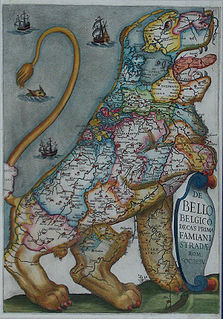 W
WThe Low Countries comprise the coastal Rhine–Meuse–Scheldt delta region in Western Europe, whose definition usually includes the modern countries of Luxembourg, Belgium and the Netherlands. Both Belgium and the Netherlands derived their names from earlier names for the region, due to nether meaning "low" and Belgica being the Latinized name for all the Low Countries, a nomenclature that went obsolete after Belgium's secession in 1830.
 W
WThe name of Bosnia is commonly used in English language as an exonym Bosnia, representing the South Slavic common endonym Bosna. The name was first recorded during the 10th century, in the Greek form Βόσονα, designating the region. In following centuries, the name was used as a designation for a medieval polity, called the Banate of Bosnia and transformed by 1377 into the Kingdom of Bosnia. After the Ottoman conquest in 1463, the name was adopted and used as a designation for the Sanjak of Bosnia and Eyalet of Bosnia. After the Austro-Hungarian occupation in 1878, the region of Bosnia was reorganized jointly with the neighbouring region of Herzegovina, thus forming the dual name of Bosnia and Herzegovina.
 W
WThe name Brazil is a shortened form of Terra do Brasil, Land of Brazil, a reference to the brazilwood tree. This name was given in the early 16th century to the territories leased to the merchant consortium led by Fernão de Loronha for the commercial exploitation of brazilwood, for the production of wood dyes for the European textile industry. Before colonisation, the native name of the land was the one given by the local indigenous peoples, Pindorama.
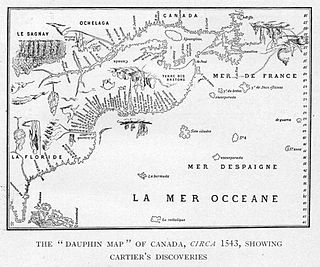 W
WThe name of Canada has been in use since the founding of the French colony of Canada in the 16th century. The name originates from a Saint-Lawrence Iroquoian word kanata for "settlement", "village", or "land". It is pronounced in English and [kanadɑ] (listen) in standard Quebec French. In Inuktitut, one of the official languages of the territory of Nunavut, the Iroquoian word is used, with the Inuktitut syllabics ᑲᓇᑕ.
 W
WThe names of China include the many contemporary and historical appellations given in various languages for the East Asian country known as Zhōngguó in its official language. China, the name in English for the country, was derived from Portuguese in the 16th century, and became popular in the mid 19th century. It is believed to be a borrowing from Middle Persian, and some have traced it further back to Sanskrit. It is also thought that the ultimate source of the name China is the Chinese word "Qin", the name of the dynasty that unified China but also existed as a state for many centuries prior. There are, however, other alternative suggestions for the origin of the word.
 W
WThe Congo River, formerly known as the Zaire River during the dictatorship of Mobutu Sese Seko, is the second longest river in Africa, shorter only than the Nile, as well as the second largest river in the world by discharge volume, following only the Amazon. It is also the world's deepest recorded river, with measured depths in excess of 220 m (720 ft). The Congo-Lualaba-Chambeshi River system has an overall length of 4,700 km (2,920 mi), which makes it the world's ninth-longest river. The Chambeshi is a tributary of the Lualaba River, and Lualaba is the name of the Congo River upstream of Boyoma Falls, extending for 1,800 km (1,120 mi).
 W
WThe name of Estonia has complicated origins. It has been connected to Aesti, first mentioned by Tacitus around 98 AD. The name's modern geographical meaning comes from Eistland, Estia and Hestia in the medieval Scandinavian sources. Estonians adopted it as endonym in the mid-19th century, previously referring themselves generally as maarahvas, meaning "land people" or "country folk".
 W
WGeorgia is the Western exonym for the country in the Caucasus natively known as Sakartvelo. The Russian exonym is Gruziya.
 W
WBecause of Germany's long history as a non-united region of distinct tribes and states before 1871, there are many widely varying names of Germany in different languages, more so than for any other European nation. For example, in the German language, the country is known as Deutschland from the Old High German diutisc, in Spanish as Alemania and in French as Allemagne from the name of the Alamanni tribe, in Italian as Germania from the Latin Germania, in Polish as Niemcy from the Protoslavic nemets, and in Finnish and Estonian as Saksa and Saksamaa respectively from the name of the Saxon tribe.
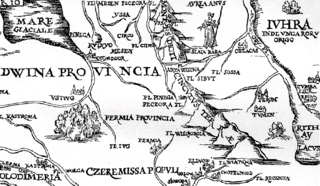 W
WHungary, the name in English for the country of the same name, is an exonym derived from the Medieval Latin Hungaria. The Latin name itself derives from the ethnonyms (H)ungarī, Ungrī, and Ugrī for the steppe people that conquered the land today known as Hungary in the 9th and 10th centuries. Medieval authors denominated the Hungarians as Hungaria, but the Hungarians even contemporarily denominate themselves Magyars and their homeland Magyarország.
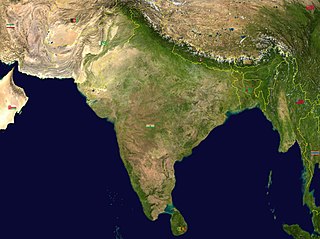 W
WThe Republic of India has two principal short names in both official and popular English usage, each of which is historically significant, "India" and "Bharat". The first article of the Constitution of India states that "India, that is Bharat, shall be a union of states," implicitly codifying "India" and "Bharat" as equally official short names for the Republic of India. A third name, "Hindustan", is sometimes an alternative name for the region comprising most of the modern Indian states of the subcontinent when Indians speak among themselves. The usage of "Bharat", "Hindustan", or "India" depends on the context and language of conversation.
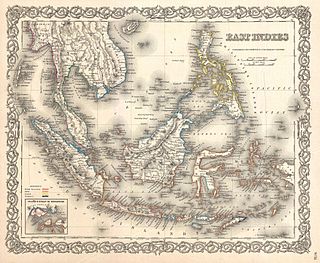 W
WIndonesia is the common and official name to refer to the Republic of Indonesia or Indonesian archipelago; however, other names, such as Nusantara and East Indies are also known. Some names are considered obsolete and confined to certain periods of history, while some might be more geographically specific or general.
 W
WAccording to the Constitution of Ireland, the names of the Irish state are 'Ireland' and 'Éire' . From 1922 to 1937, its legal name was 'the Irish Free State'. The state has jurisdiction over almost five-sixths of the island of Ireland. The rest of the island is Northern Ireland, a part of the United Kingdom. Consequently, other formal and informal names have been used when it is necessary to distinguish between the territory of the state and the island as a whole. In 1948 it adopted the term Republic of Ireland as the 'official description of the state', without changing the constitutional names.
 W
WThe name of Italy has a long history originating in antiquity. During the Roman Empire, it was extended to refer to the whole Italian geographical region.
 W
WJersey, officially the Bailiwick of Jersey, is a British crown dependency.
 W
WThe first known record of the name of Lithuania is in a 9 March 1009 story of Saint Bruno recorded in the Quedlinburg Chronicle. The Chronicle recorded a Latinized form of the Old Church Slavonic word for Lithuania - Литва (Litva). Although it is clear the name originated from a Baltic language, scholars still debate the meaning of the word.
 W
WThe Low Countries comprise the coastal Rhine–Meuse–Scheldt delta region in Western Europe, whose definition usually includes the modern countries of Luxembourg, Belgium and the Netherlands. Both Belgium and the Netherlands derived their names from earlier names for the region, due to nether meaning "low" and Belgica being the Latinized name for all the Low Countries, a nomenclature that went obsolete after Belgium's secession in 1830.
 W
WSeveral hypotheses seek to explain the origin of the name "Mexico", which dates, at least, back to 14th century Mesoamerica. Among the proposed etymologies are expressions in the Nahuatl language like "Place in the middle of the century plant" (Mexitli) and "Place in the Navel of the Moon" (Mēxihco), although there is still no consensus among experts.
 W
WThe country known in English as both Myanmar and Burma has undergone changes in both its official and popular names worldwide. The choice of names stems from the existence of two different names for the country in Burmese, which are used in different contexts.
 W
WThe Low Countries comprise the coastal Rhine–Meuse–Scheldt delta region in Western Europe, whose definition usually includes the modern countries of Luxembourg, Belgium and the Netherlands. Both Belgium and the Netherlands derived their names from earlier names for the region, due to nether meaning "low" and Belgica being the Latinized name for all the Low Countries, a nomenclature that went obsolete after Belgium's secession in 1830.
 W
WThis article presents a list of notable historical references to the name Palestine as a place name in the Middle East throughout the history of the region, including its cognates such as "Filastin" and "Palaestina."
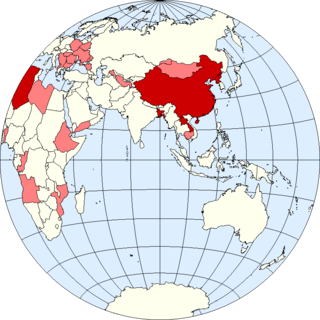 W
WPeople's republic is an official title used by some currently or formerly communist or left-wing states. It is mainly associated with soviet republics, socialist states following people's democracy, sovereign states with a democratic-republican constitution usually mentioning socialism, or simply a title used by a given country.
 W
WThe name Philippines derives from that of the 16th-century Spanish king Philip II, and is a truncated form of Philippine Islands. During the expedition of Ruy López de Villalobos to the region, the Spanish sailor Bernardo de la Torre bestowed the name Las Islas Filipinas on the islands of Leyte and Samar, in honor of the then Prince of Asturias. Despite the existence of other names, Filipinas ("Philippines") was eventually adopted as the name of the entire archipelago.
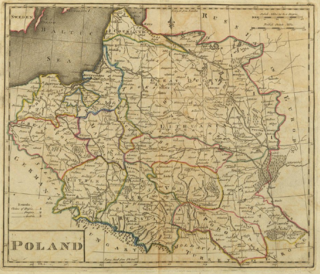 W
WThe ethnonyms for the Poles (people) and Poland include endonyms and exonyms. Endonyms and most exonyms for Poles and Poland are usually associated to derive from the name of the Lechitic tribe of Western Polans (Polanie), also stated by some sources has been the association in some languages for the exonyms for Poland to derive from the name of another tribe – the Lendians (Lędzianie).
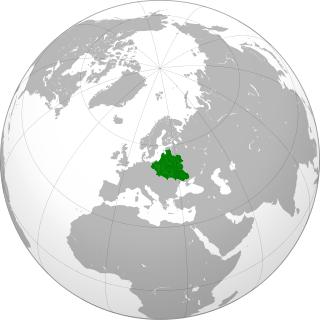 W
WRzeczpospolita is a traditional and official name of the Polish State.
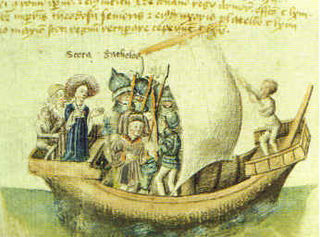 W
WScotland is a country that occupies the northern third of the island of Great Britain and forms part of the United Kingdom. The name of Scotland is derived from the Latin Scoti, the term applied to Gaels. The origin of the word Scoti is uncertain.
 W
WThe English name of Switzerland is a compound containing Switzer, an obsolete term for the Swiss, which was in use during the 16th to 19th centuries. The English adjective Swiss is a loan from French Suisse, also in use since the 16th century.
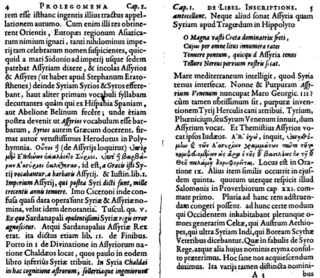 W
WThe name Syria is latinized from the Greek Συρία. In toponymic typology, term Syria is classified among choronyms. The origin and usage of the term has been the subject of interest, both among ancient writers and modern scholars. In early Greek usage, terms Συρία (Suría) and Ασσυρία (Assuría) were used almost interchangeably, but in the Roman Empire, terms Syria and Assyria came to be used as names for distinct geographical regions. "Syria" in the Roman period referred to the region of Syria, while Assyria (Asōristān) was part of the Sasanian Empire and only very briefly came under Roman control.
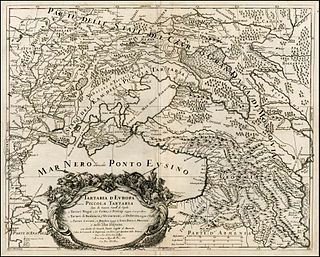 W
WThe name "Ukraine" was first used in reference to a part of the territory of Kyivan Rus in the 12th century. The name has been used in a variety of ways since the 12th century, referring to numerous lands on the border between Polish and Kyivan Rus territories. In English, the traditional use was "the Ukraine", which is nowadays less common and officially deprecated by the Ukrainian government and many English language media publications.
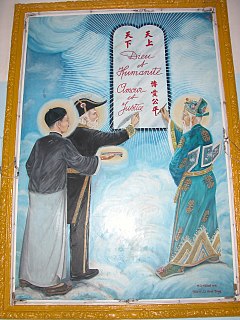 W
WThroughout history, there were many names used to refer to Vietnam. Besides official names, there are names that are used unofficially to refer to the territory of Vietnam. Vietnam was called Văn Lang during the Hùng Vương Dynasty, Âu Lạc when An Dương was king, Nam Việt during the Triệu Dynasty, Van Xuan during the Anterior Lý Dynasty, Đại Cồ Việt during the Đinh dynasty and Early Lê dynasty. Starting in 1054, Vietnam was called Đại Việt. During the Hồ dynasty, Vietnam was called Đại Ngu.